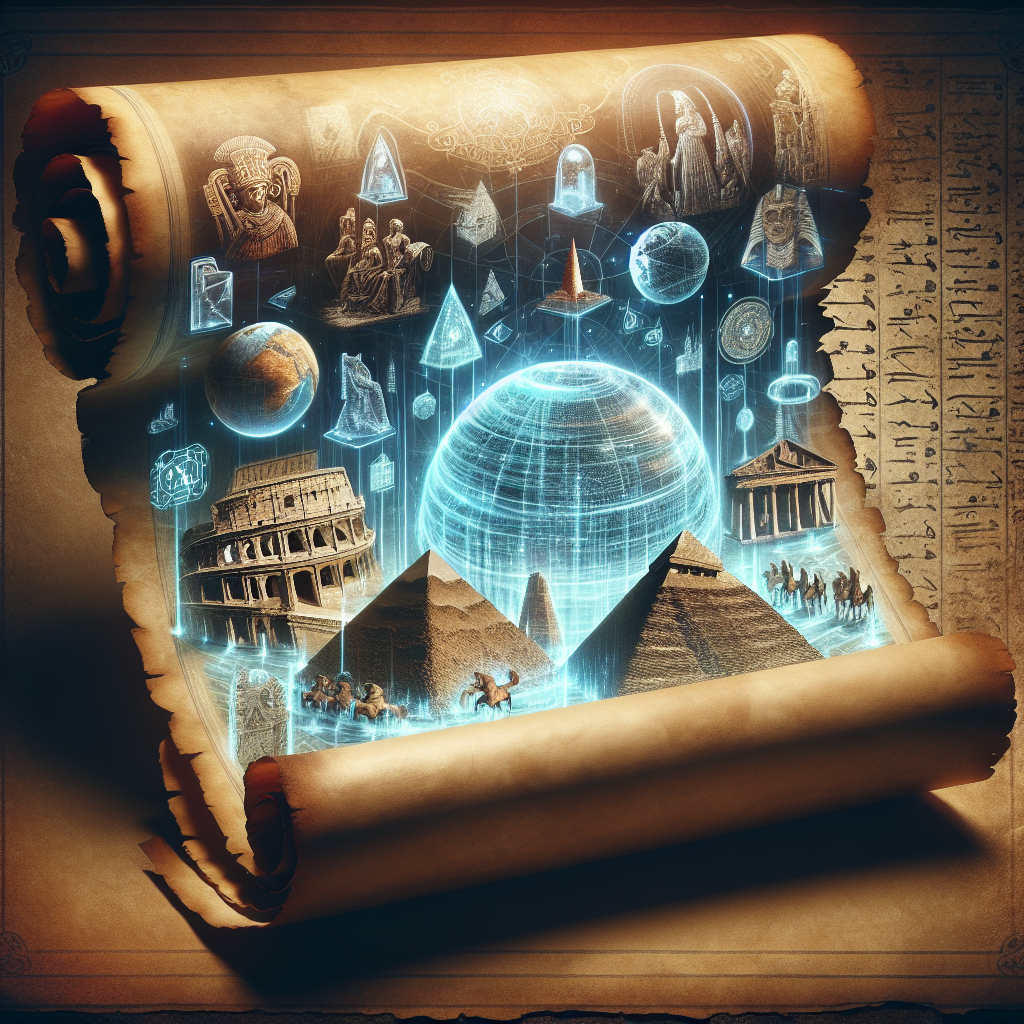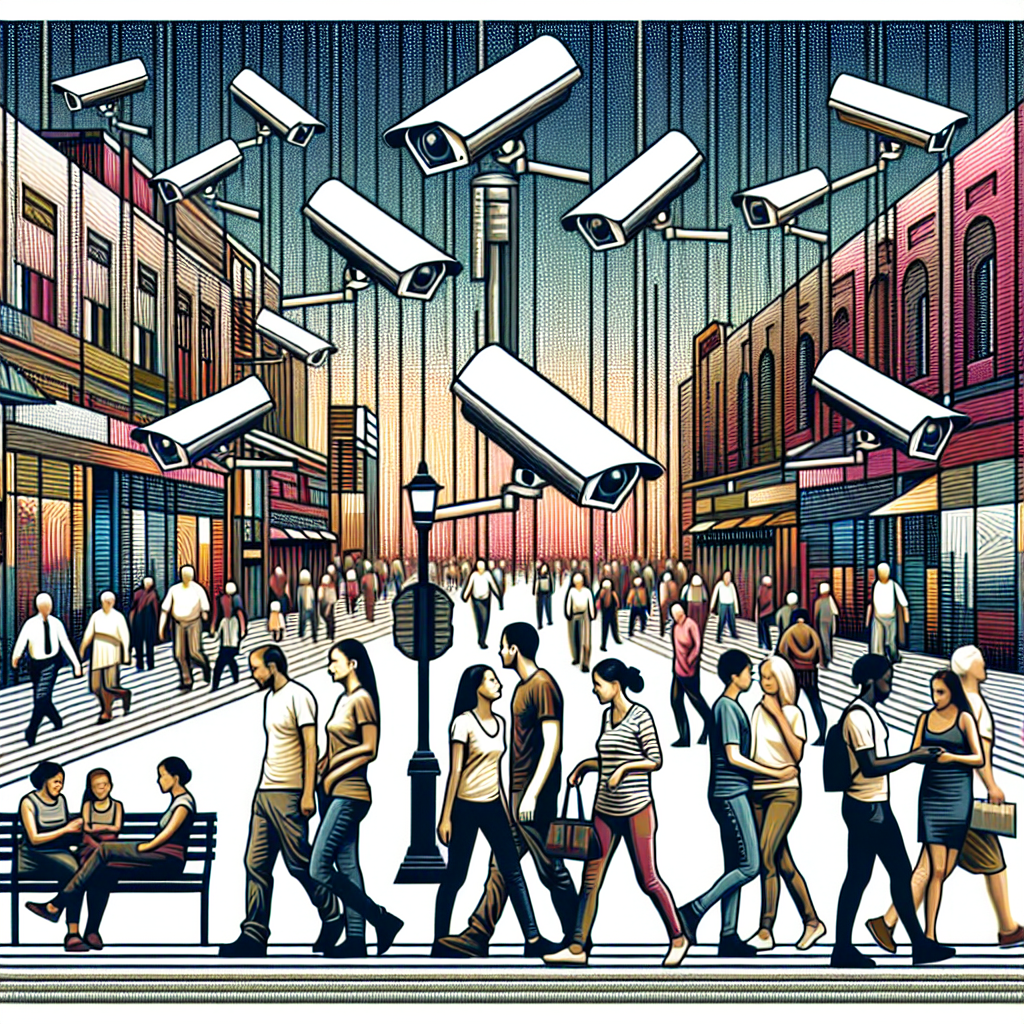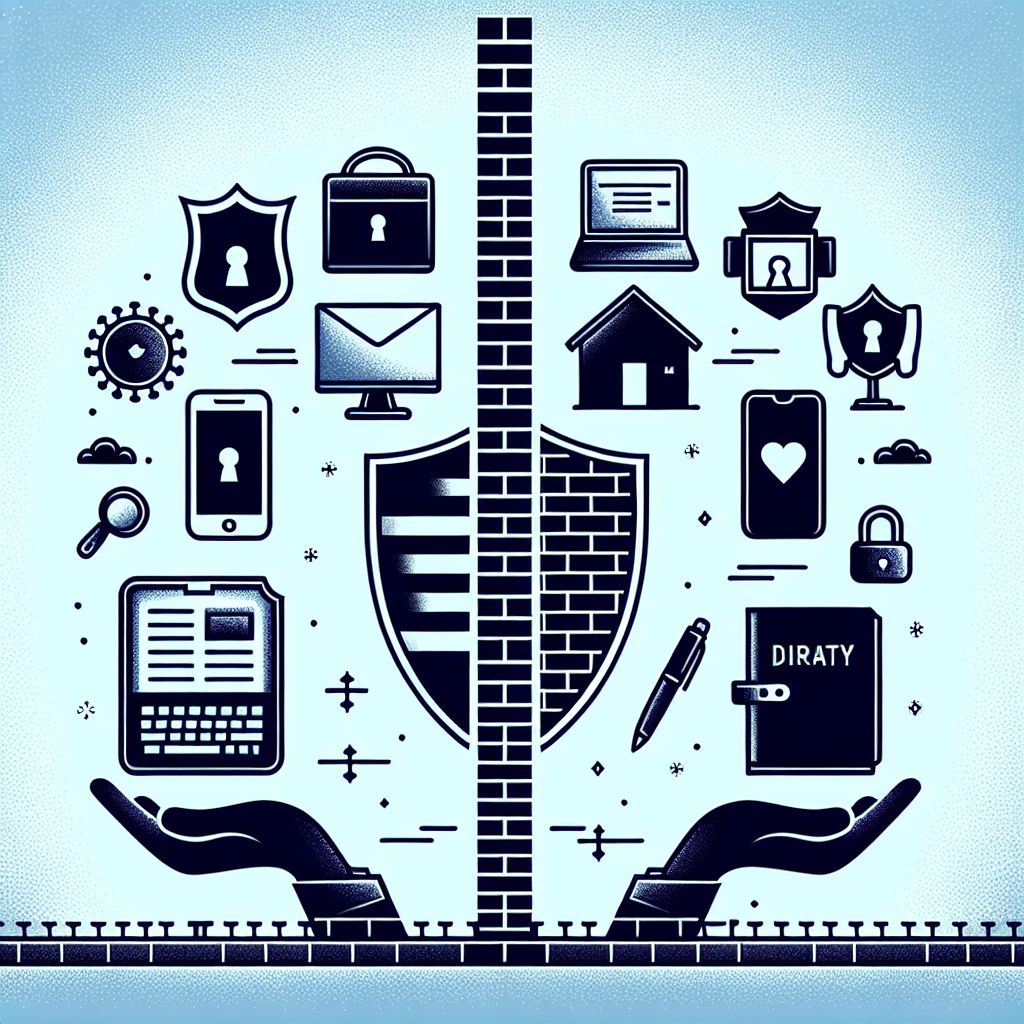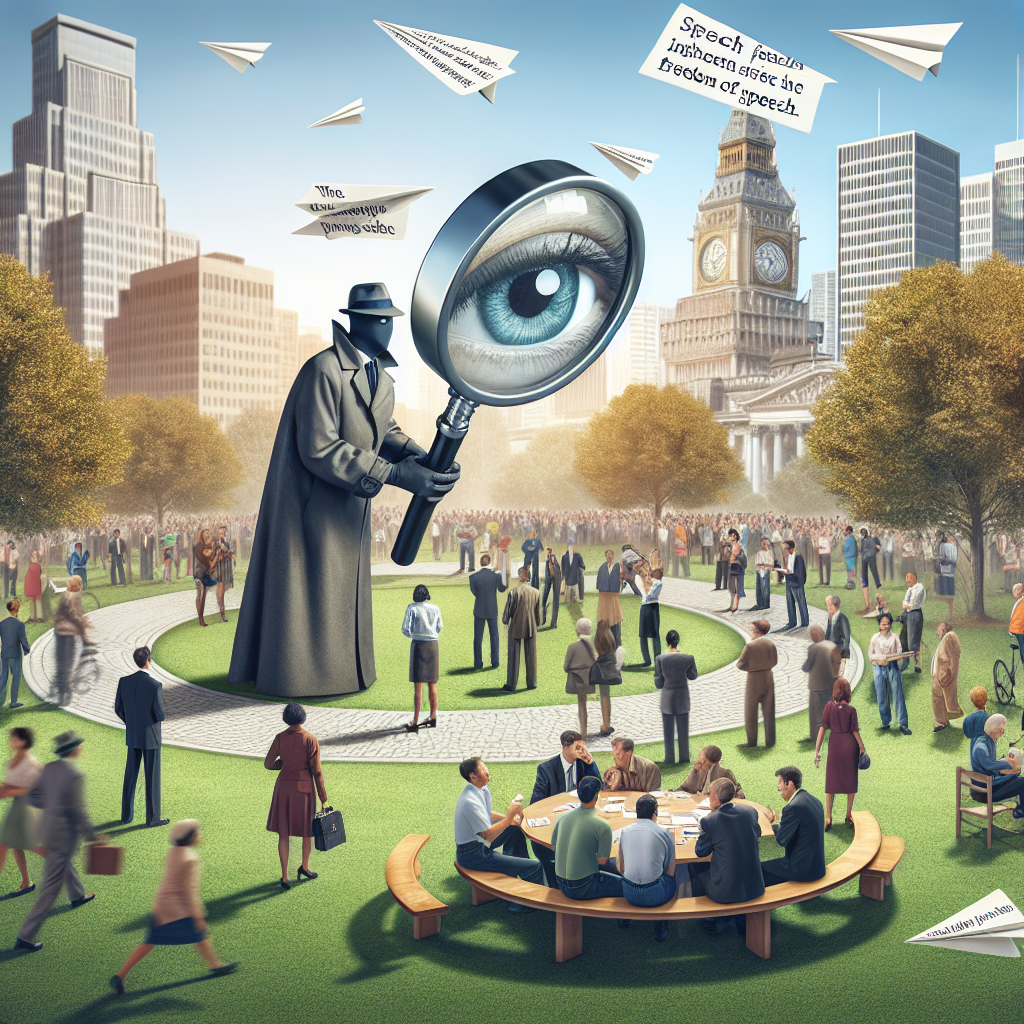Ethics and Morality in the Era of the New World Order
Understanding the New World Order Concept
The term “New World Order” suggests a significant shift in global governance and structure. In a rapidly changing international landscape marked by globalization, technological advancement, and rising interdependence among nations, ethics and morality have come under scrutiny. The relevance of ethical frameworks in guiding actions and policies becomes paramount when examining the implications of such shifts on human behavior, societal norms, and international relations.
The Ethical Frameworks at Play
Utilitarianism
Utilitarianism posits that the best action is the one that maximizes utility, typically defined as that which produces the greatest well-being of the greatest number. In the context of a New World Order, this ethical theory raises questions about whose well-being is prioritized. For instance, policies driving technological innovation might benefit affluent nations while neglecting poorer regions, inviting potential ethical dilemmas regarding inequality and the distribution of resources.
Deontological Ethics
In contrast, deontological ethics, primarily associated with Immanuel Kant, stresses the importance of duties and principles over consequences. This moral framework emphasizes the responsibility of governments and organizations to uphold human rights irrespective of outcomes. In an era defined by power disparities and authoritarian shifts, maintaining a deontological perspective becomes crucial in advocating for human dignity and ethical standards globally.
Virtue Ethics
Virtue ethics focuses on the character of the moral agent rather than the consequences of actions or adherence to rules. This approach encourages leaders and citizens to cultivate virtues such as justice, courage, and empathy. In navigating the complexities of the New World Order, fostering a collective moral character can lead to more resilient societies capable of addressing shared challenges effectively.
Globalization and Its Ethical Implications
Globalization facilitates the movement of ideas, goods, and services across borders, reshaping ethical considerations. However, the interconnectedness of economies increases the burden of ethical decision-making. Industrial practices that may be deemed acceptable in one culture could be considered unethical in another, leading to ethical relativism. Corporations operating transnationally must navigate these varied perspectives and establish a coherent ethical framework to guide their business practices.
Labor exploitation remains a pressing ethical issue in the globalized economy, where companies may seek lower production costs in developing countries. Ensuring fair labor practices and equitable treatment of workers is essential to align with ethical standards that promote human rights universally. Such practices challenge organizations to reflect on their responsibilities in a world that often prioritizes profit over people.
Technology’s Role in Ethics and Morality
Surveillance and Privacy
In the New World Order, technological advancement brings significant ethical dilemmas, especially regarding surveillance and privacy. Governments worldwide increasingly rely on surveillance technology to maintain security, raising concerns about the erosion of civil liberties. Ethical questions surface regarding the balance between safety and privacy, as excessive surveillance can compromise individual freedoms.
The implementation of artificial intelligence (AI) systems further complicates moral considerations. Decisions made by algorithms often lack transparency, raising ethical concerns about accountability. Stakeholders must grapple with questions such as: Who is responsible when an AI system makes a detrimental decision? How do we ensure that technology serves humanity rather than detracts from it?
The Digital Divide
The digital divide embodies moral challenges in the New World Order, where access to technology shapes opportunities for education, employment, and civic engagement. As societies become more reliant on digital platforms, those lacking access may suffer from systemic disenfranchisement. Ethically, this discrepancy calls for urgent attention to ensure equitable access to technology and to bridge the gap between different socio-economic groups.
Human Rights and Global Governance
In an increasingly interconnected world, the moral obligation to uphold human rights transcends national boundaries. International human rights organizations and treaties, such as the Universal Declaration of Human Rights (UDHR), underscore the ethical commitment to protect individuals regardless of their origin. Challenges arise when states prioritize national interest over global human rights, leading to moral conflicts.
The role of non-governmental organizations (NGOs) in advocating for human rights is crucial. NGOs serve as watchdogs, holding governments accountable for abuses. However, ethical dilemmas arise when the agendas of these organizations are influenced by funders or political affiliations, raising questions about the purity of their missions. Navigating these complexities requires a robust ethical framework grounded in transparency and integrity.
The Rise of Authoritarianism and Ethical Responses
The emergence of authoritarian regimes poses significant ethical challenges for nations advocating democracy and human rights. Ethical action against such regimes often becomes a balancing act between diplomatic engagement and moral clarity. Countries must consider the ethics of intervention: is it justified to intervene in another nation’s affairs to protect human rights? What ethical frameworks guide such decisions?
The global community’s response to authoritarianism must align with principles of justice and respect for sovereignty. Strategies involving economic sanctions, diplomatic pressure, and support for grassroots movements offer avenues for ethical engagement. However, the outcomes of these strategies can be unpredictable, requiring an ongoing ethical assessment of their effectiveness and repercussions.
Education and the Role of Ethical Literacy
In the context of the New World Order, fostering ethical literacy is imperative. Educational institutions play a crucial role in instilling a sense of morality and ethical responsibility in future generations. A curriculum that emphasizes ethical reasoning, critical thinking, and global citizenship can empower students to navigate complex moral landscapes.
Ethics education should encourage students to engage with multiple perspectives, fostering a culture of empathy and mutual respect. As the world becomes more interconnected, educators must prepare students not just as individuals but as global citizens who understand the ethical implications of their actions on a broader scale.
Conclusion
The evolving dynamics of the New World Order demand a reevaluation of ethics and morality at both individual and institutional levels. Through a balanced approach encompassing diverse ethical frameworks, awareness of the implications of globalization, and the recognition of technological influences, society can navigate the moral complexities of an interconnected world. Engaging with these ethical considerations can foster a resilient global community, united by shared values of justice, equality, and humanity.












Leave a Reply